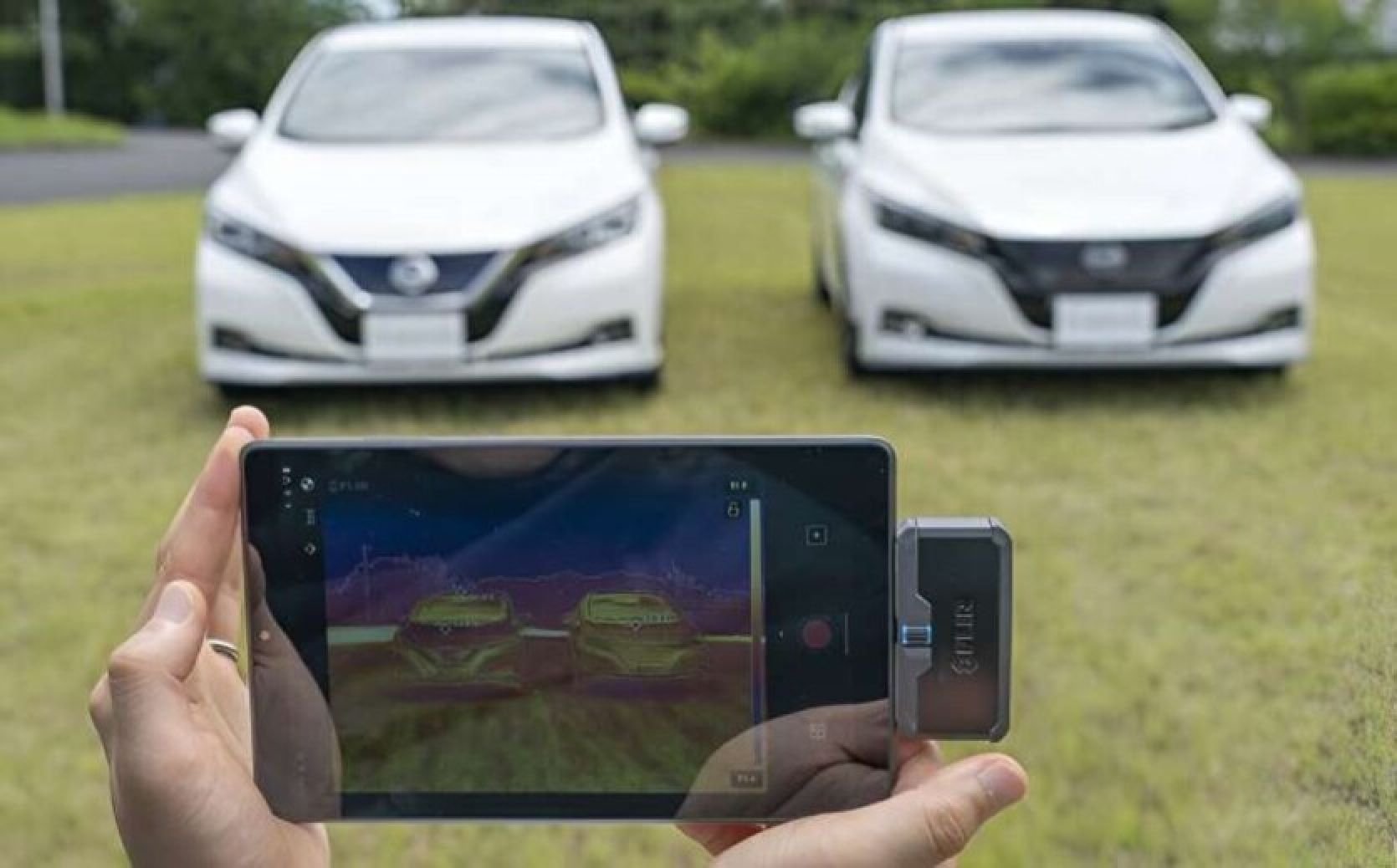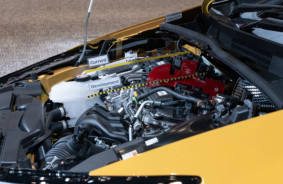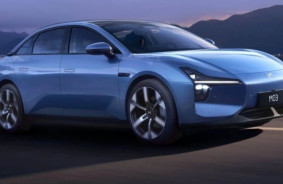According to the automaker, the new paint, developed in collaboration with Radi-Cool, incorporates synthetic composite materials that possess a "structure exhibiting properties not typically found in nature."
These materials (the composition of which has not been disclosed) seemingly provide improved infrared light reflection and generate electromagnetic waves that block these rays by redirecting energy away from vehicles. Nissan claims that the new paint has resulted in a temperature reduction of about 12.2℃ outside and 5℃ inside.
The cost of applying such paint will largely depend on the thickness of the coating and its weight. Current prototypes are coated six times thicker than standard vehicles (although the development of a thinner version is underway). Nissan has yet to provide a concrete cost estimate; however, it is likely that the paint is primarily designed for emergency service vehicles and vans rather than for consumer transportation.
Nissan is not the first automaker to experiment with cooling coatings. Toyota has also been developing an experimental paint that helps lower cabin temperatures, primarily focusing on colors that refract sunlight.
The company that assisted Nissan in developing the paint has also created films and fabrics that reduce heat. Radi-Cool collaborates with various other Japanese companies, offering cool hats and sun umbrellas, with Nissan being the first partner among Japanese automakers.
Susumu Miura, head of Nissan's research center, stated that the electromagnetic waves emitted by the paint do not have a noticeable negative impact on human health.
"These waves are all around us," he said. "My dream is to create cooler cars without consuming energy."
Source: TechXplore, Quartz














Comments (0)
There are no comments for now